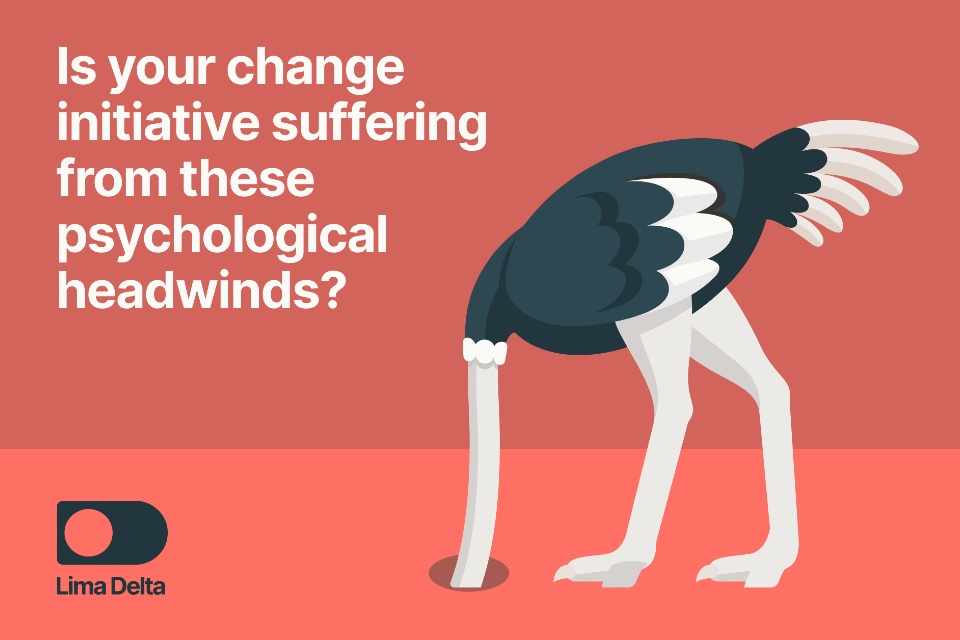Change is a continuous reality for organisations across the UK’s public and private sectors. Driven by rapid technological advancement, economic shifts, regulatory updates, and evolving workforce expectations, businesses must now treat change as a core capability rather than a temporary disruption. As a result, senior HR professionals attending the HR Summit are playing a central role in evolving change management strategies to meet the demands of a faster, more complex world...
Traditional top-down, linear change models—often reliant on rigid project plans and static communications—are giving way to agile, employee-centric approaches. Successful HR leaders recognise that employees are not passive recipients of change but active participants, and that their engagement, feedback, and adaptability are critical to long-term transformation.
A key shift is the emphasis on employee-led transformation. Rather than introducing change initiatives purely from the C-suite, forward-thinking organisations are building cross-functional change networks, empowering employees at all levels to co-create solutions, champion new ways of working, and act as local change ambassadors. This distributed leadership model helps embed change deeper and faster across the organisation, increasing both adoption rates and engagement.
Iterative communication is also replacing traditional one-off announcements and roadshows. HR teams are now using agile communication strategies—delivering shorter, more frequent updates, utilising storytelling to make changes relatable, and leveraging digital channels such as internal social platforms, mobile apps, and video updates. Real-time two-way communication, including live feedback tools and pulse surveys, ensures that leadership remains connected to employee sentiment throughout the change journey.
Another crucial evolution is the focus on building resilience at every level of the organisation. Change fatigue remains a significant risk, particularly in sectors experiencing continuous transformation. Progressive HR leaders are investing in resilience training, mental wellbeing programmes, and leadership development initiatives that equip managers with the skills to lead through ambiguity and support their teams emotionally as well as operationally.
Data is also playing a growing role in modern change management. Advanced people analytics are being used to track adoption rates, identify resistance hotspots, and predict areas where additional support or intervention may be required. This allows for more dynamic, responsive change programmes that evolve in real time based on actual workforce behaviour, not just assumptions.
Leading through disruption demands more than project management skills—it requires cultural stewardship, empathy, agility, and data-driven decision-making. HR leaders who embrace these new approaches are not only enabling smoother transitions but are also helping to build organisations that are genuinely adaptive, resilient, and future-ready.
Are you searching for Change Management solutions for your organisation? The HR Summit can help!
Photo by Christina @ wocintechchat.com on Unsplash









